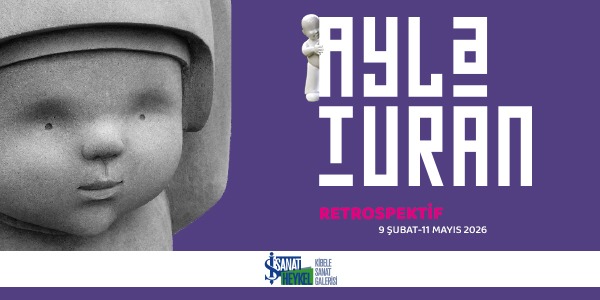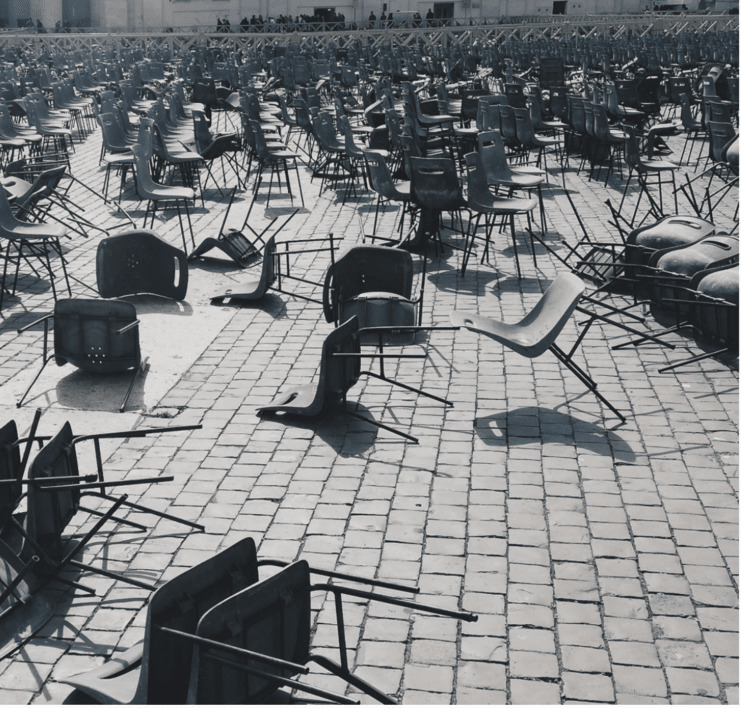A judge has issued a ruling mandating that a former curator, accused by the British Museum of pilfering numerous artifacts, must return any gems or jewelry belonging to the institution that may be in his possession.
The museum alleges that Peter Higgs, a former head of the museum’s Greek and Roman antiquities department, absconded with or inflicted damage upon over 1,800 artifacts from its collections. According to court records, Higgs purportedly sold hundreds of these pilfered items on eBay.
Although British newspapers had long reported that Mr. Higgs was the curator at the center of the scandal, Tuesday’s hearing was the first time that the museum had named him.
Authorities are also seeking clarification from Higgs regarding the whereabouts of additional artifacts allegedly sold online by the former curator. Court documents indicate that Higgs contests the allegations leveled against him. During a High Court session in London, Judge Heather Williams issued a directive requiring Mr. Higgs to relinquish any items within four weeks. Additionally, Judge Williams mandated PayPal, the online payments platform, to divulge data pertaining to Mr. Higgs’s eBay accounts, encompassing his transaction records.
The museum approximates that over 1,800 items were either pilfered or harmed, with hundreds subsequently sold or listed by Higgs. Utilizing eBay and PayPal, Higgs conducted transactions and received payments. London’s Metropolitan Police Service (MPS) notified the museum that Higgs conducted 96 sales of items akin to those in the museum’s collection from his eBay account between May 2014 and December 2017. According to court documents, these sales involved relatively modest sums—ranging from double to low triple digits—and were made to approximately 45 distinct buyers. The museum is also asking eBay and PayPal to turn over related documents. While the museum alleges that Higgs often engaged in sophisticated ruses to cover his tracks, many of the attempts at hiding his actions were shoddy or downright absurd. For example, he used PayPal accounts that were associated with his home address or used the false name “Paul Higgins” to transact under the same account registered to himself (Peter Higgs).
According to court documents filed by the museum, there exists “compelling evidence” indicating that between 2009 and 2018, Mr. Higgs exploited his trusted position within the institution to misappropriate artifacts, including items that had not been fully cataloged by the museum. Subsequently, Mr. Higgs purportedly sold numerous items on eBay to a minimum of 45 distinct buyers, as per the museum’s assertion. Allegedly, these buyers include individuals from the United States and Denmark, said NY Times.
NY Times also reported that Peter Higgs and his family did not respond to emails and social media messages from The Times. In court papers, the museum’s lawyers said the curator was “suffering from severe mental strain” and was “unable to respond effectively to the proceedings.”










